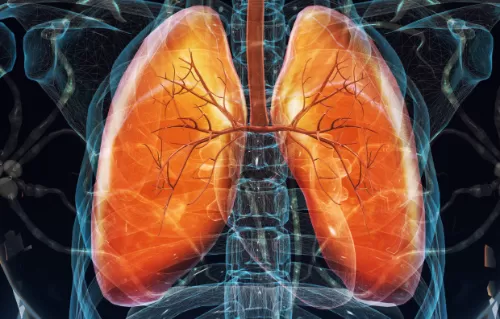Related searches

Understanding Low Carbohydrate Diets
A low carbohydrate diet reduces carbohydrate intake while increasing fats and proteins. Typically, carbohydrates provide less than 45% of daily calories. Foods emphasized include meat, fish, eggs, dairy, nuts, seeds, and low-carb vegetables. For seniors, low carb diets can stabilize blood sugar, aid weight loss, and reduce chronic disease risks.
Potential Health Benefits for Seniors
One significant benefit is weight management, crucial as metabolism slows with age. Low carb diets promote fat utilization for energy, maintaining muscle mass and aiding joint health. Cardiovascular benefits include improved triglyceride levels, higher HDL cholesterol, and lower blood pressure, reducing heart disease risks. Cognitive benefits may also arise, as low carb diets could decrease the risk of cognitive decline and conditions like Alzheimer’s.
Risks and Considerations in a Low-Carbohydrate Diet
However, seniors should be cautious of nutritional imbalances. Reducing carbs might decrease essential nutrients and fibers from fruits, vegetables, and whole grains. Gradual dietary changes are recommended to avoid metabolic disturbances like fatigue or digestive issues. Consultation with healthcare providers is advisable.
Implementing a Low Carbohydrate Diet: Practical Tips
Start by replacing sugary drinks with water and herbal teas and focus meals on lean proteins, healthy fats, and low-carb vegetables. Planning meals and choosing snacks like nuts and Greek yogurt can maintain energy levels. Support from peers and careful preparation ensure a balanced diet.
Monitoring Health and Adjusting the Diet
Continuous health monitoring is essential. Regular check-ups track cholesterol, blood pressure, and blood sugar levels, aiding in diet adjustments. Food journaling can highlight patterns and facilitate tweaks to the diet. Flexibility and adaptability ensure long-term adherence to the diet.
In conclusion, low carbohydrate diets offer promising benefits and important considerations for seniors. Understanding the advantages and risks, along with careful planning and monitoring, can lead to a healthier, more enjoyable low-carb lifestyle. Consulting healthcare professionals and engaging with support networks enhance the journey towards better health in the golden years.
 Breast Cancer: Causes, Symptoms, Diagnosis, Treatment, And Prevention
Breast Cancer: Causes, Symptoms, Diagnosis, Treatment, And Prevention Understanding Lung Cancer: Types, Stages, and Treatment Options
Understanding Lung Cancer: Types, Stages, and Treatment Options Understanding Bipolar Disorder Treatments: Finding the Right Approach
Understanding Bipolar Disorder Treatments: Finding the Right Approach Exploring the Benefits of Telemedicine and Telehealth Services
Exploring the Benefits of Telemedicine and Telehealth Services Meal Delivery Kits: The Future of Convenient and Healthy Eating
Meal Delivery Kits: The Future of Convenient and Healthy Eating



